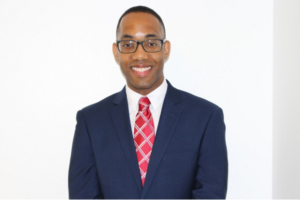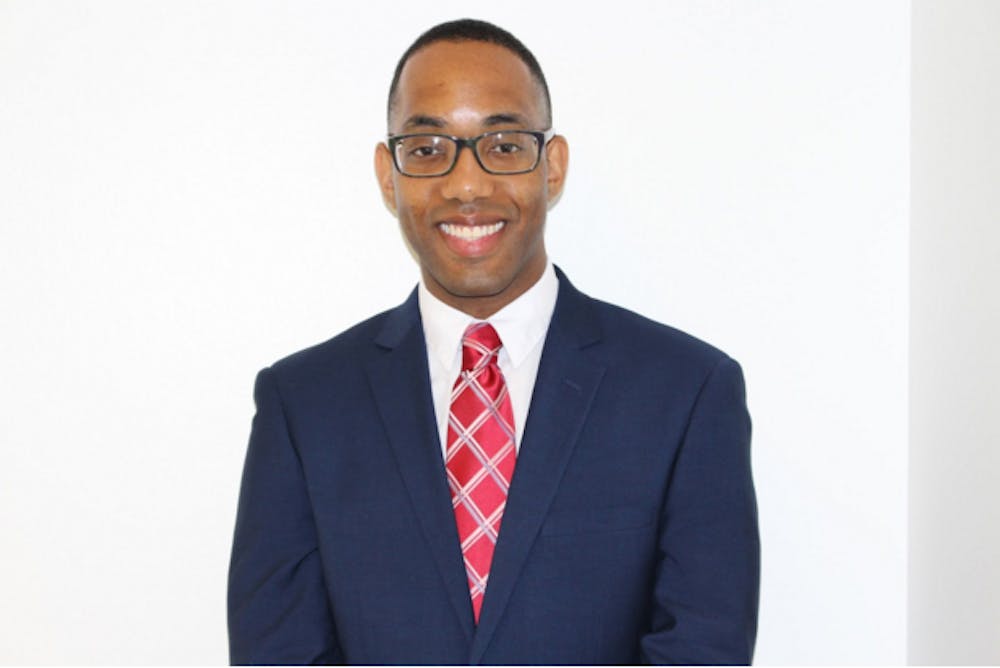By Alexandra Raskin
Correspondent
The Office of Student Diversity and Inclusion held its first Critical Conversations session on Wednesday, Nov. 1.
Guided by Don Trahan Jr., director of the Office of Student Diversity and Inclusion, students entered into what Trahan called “a brave space to engage in unfiltered dialogue.”
“What is race and why is it that we put so much emphasis on someone’s perceived race?” Trahan asked the attendees.
As the discussion progressed, Trahan repeatedly pressed forward with the question, “Why?”
Subtopics of the session included diversity, white supremacy, the opportunity gap, stereotyping and biases, institutionalized racism, equality and equity, and incentives and consequences. Each of these were related back to the the current climate at the College, and what can be done to create a more inclusive atmosphere.
Subsequent sessions will be guided by students, and topics will vary on a weekly basis.
“Every week we may talk about something different,” Trahan said. “The object over time is to really have a space for students to come and just be.”

In order to promote dialogue and personal connection, Trahan, along with the first few students to arrive, pushed tables against the walls and arranged chairs in a circle in the center of the room.
Trahan explained the “goal of such engagements is to model a culture of active listening and sensitivity to lenses that vary from that of your own.”
Trahan believes differences in perspectives add value to the discussion.
“You may have someone holding a totally different perspective, and that’s okay,” Trahan said. “If you’re thinking it, then it’s relevant, it impacts what you do… if we don’t talk about it out of fear of upsetting someone, what’s going to happen?”
In the Nov. 1 session, students were encouraged to speak their minds, regardless of the popularity of their opinions. This same rule will hold throughout each weekly meeting.
“We have to dive even deeper, to keep it real,” Trahan said. “That’s the only way we’ll be able to grow.”
Students had various reasons for attending. Samuel Serrato, a junior urban education and African American studies double major, believes it is important to foster this type of personal growth and to encourage it amongst peers. “Intersectionality” is his primary motivator.
“If you’re not aware, you’re part of the problem,” Serrato said.
Yanaja Joyner, a sophomore international studies major, attended because spaces like these “give people a voice. It can change the narrative.”
In the past, Joyner has been afraid to speak out.
“I kept really quiet because I didn’t want to be the angry black girl,” Joyner said. “But I have to be, because if not, no one is going to learn.”
Joyner is hopeful for the future Critical Conversations sessions, and plans on returning with friends.
“We all have a lot of commonalities,” Joyner said. “I want to see more people in here, more people talking, more people making a change. Everyone deserves to be heard and have their opinions validated.”
Eashwayne Haughton, a junior philosophy major, has hopes for the forthcoming meetings to relieve a lot of the tension in the College’s environment. He believes the sessions will
change the culture and allow people to have the tough conversations that need to occur.
“We all have a moral obligation to equity,” Haughton said. “The point is to promote an inclusive environment in which students can share their opinions.”







